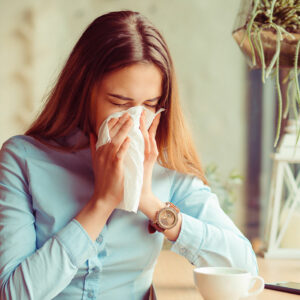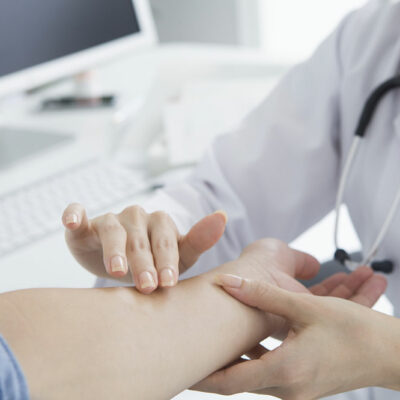5 reasons all homes need a water purifier

All homes do not have access to clean and safe drinking water, which isn’t available to everyone today. Water-borne diseases and health issues caused by unsafe drinking water can pose a serious risk and cause harm to one’s health, and as such, water purifiers can ensure clean and safe drinking water. Here are a few reasons a water purifier is a good investment for one’s health:
1. Removes chemical contaminants
Tap water is treated very often with chlorine by municipal water treatment facilities. While these disinfectants neutralize parasites, bacteria, and pathogens, they could also leave behind harmful byproducts like trihalomethanes and chloramines, whose long-term exposure has been linked to serious health issues like cancer. Reverse osmosis water purifiers and activated carbon filters absorb the chlorine molecules, bind them to a surface, and prevent them from passing through the filter. The removal of chlorine also improves the taste and odor of water and may reduce any ill health effects that could result from drinking water with very high levels of chlorine.
2. Ensures added security
Contaminants from pollution, outdated or faulty water pies, residue from pesticides (in the case of well water), and even extreme weather conditions can put a strain on municipal water treatment facilities. Having an extra layer of protection by way of a water purifier to remove any residual impurities is always a good safety net to ensure clean and pure drinking water.
3. Acts as a defense against microorganisms
Water-borne diseases can lead to severe infections, and tap water must be purified before drinking to ensure these microscopic parasites don’t end up in one’s system, causing diarrhea, vomiting, cholera, and dysentery. People with weakened immune systems, in particular, should be careful. Some water purifiers have pore-size membranes used for reverse osmosis, small enough to stop both viruses and bacteria.
4. Is a defense against pollution
Corroded pipes can leech metals like lead into the water supply, and even at low levels, exposure to these metals can cause neurological and developmental problems in infants and children. Agricultural runoff can cause pesticides and herbicides to seep into groundwater sources, and purifiers can help decontaminate drinking water.
5. Uses advanced filtration technologies
Water purifiers have advanced filtration technologies like activated carbon, reverse osmosis, and UV sterilization to remove a wide range of contaminants, including chemicals, microorganisms, and heavy metals. To ensure one’s family is safe from waterborne diseases, one must invest in a water purifier for clean and safe drinking water.










